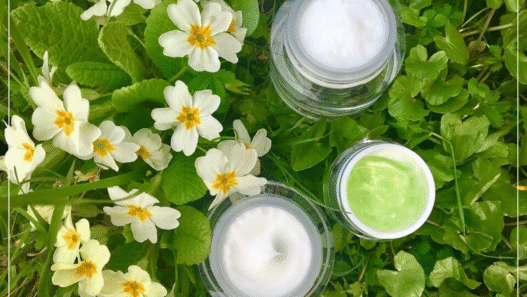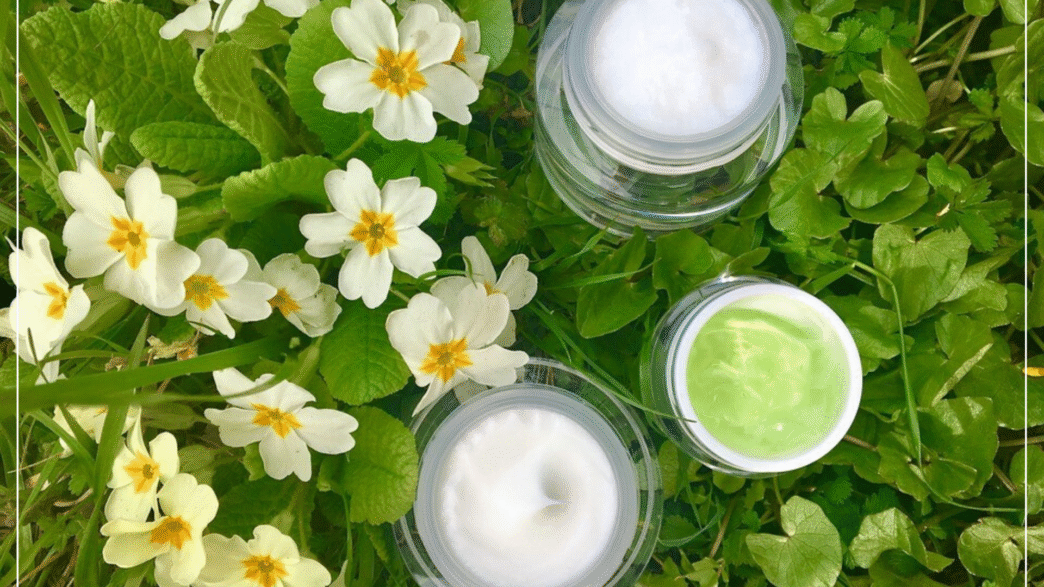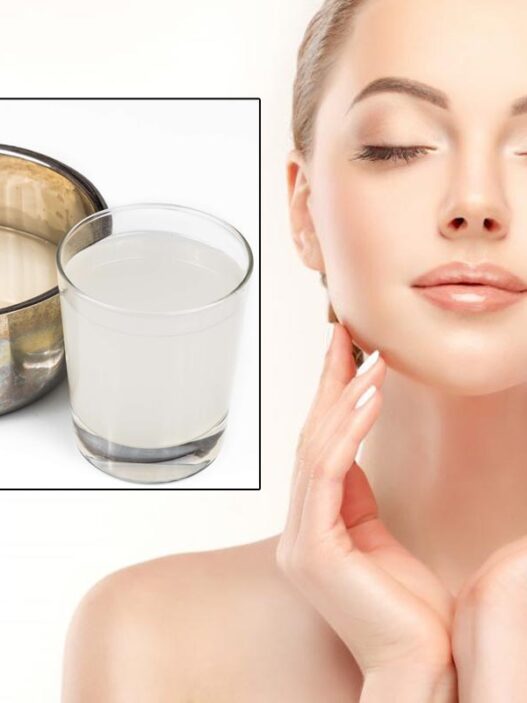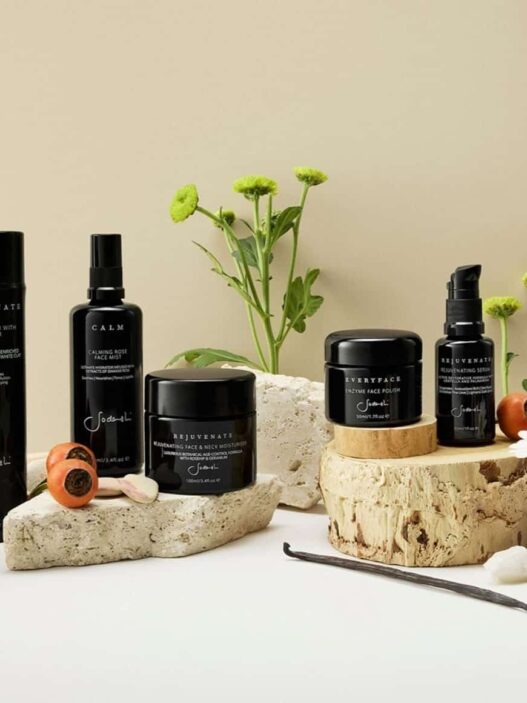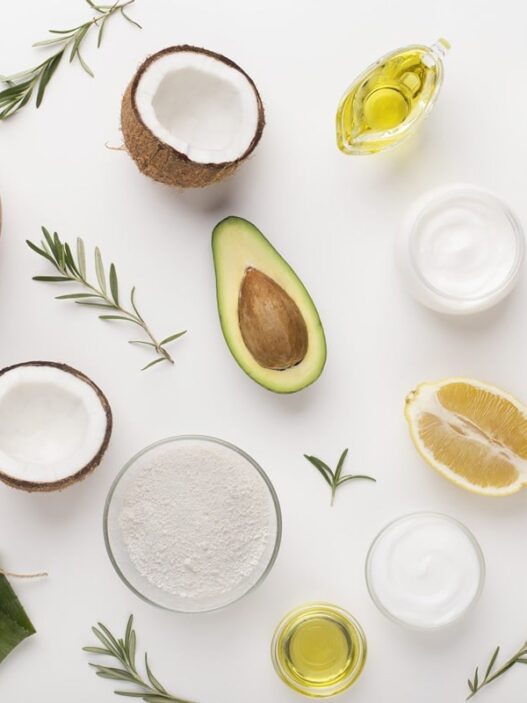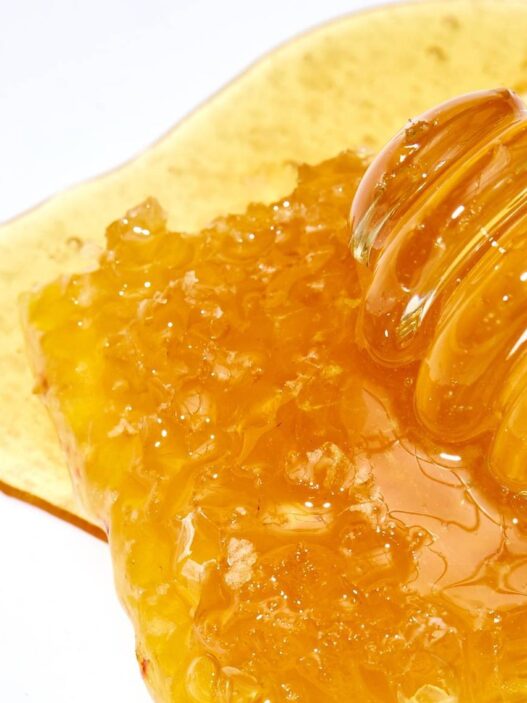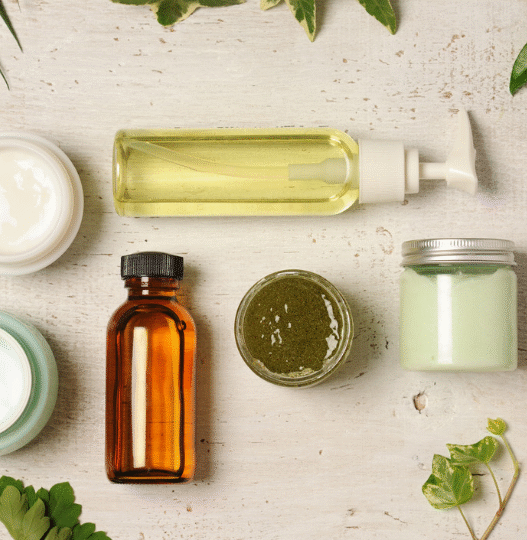There has been a noticeable surge in the popularity of organic skincare in recent years as a result of consumers’ growing interest in products derived from naturally cultivated materials. However, what does organic skincare entail, and more importantly, does it truly deliver what it claims, aside from the catchy phrases?
What Does the Skincare Term “Organic” Mean?
Unlike organic food, which falls under USDA regulation, the term “organic” in skincare lacks unified global oversight. In the U.S., only products bearing the USDA Organic label are required to have at least 95% organic agricultural ingredients.
In Europe, the COSMOS certification managed by several bodies including Ecocert and the Soil Association sets rigorous standards to maintain trust and transparency in the organic cosmetics industry .
Unfortunately, many brands use “organic” or “natural” loosely especially when no certification backs the claim.
Benefits of Using Organic Ingredients for Skin Health
It is Less Aggressive
Parabens, sulfates, and synthetic perfumes are some of the harsh chemicals used in products that are allergic and irritating in nature.
It is nutritionally rich.
Organic ingredients like rosehip oil, rich in vitamins A and C, sea buckthorn oil containing omega fatty acids and potent antioxidants, as well as herbal extracts provide come potent organic nutrients for collagen boosting, skin rejuvenation and barrier repairing.
Such components also possess antioxidant and anti-inflammatory properties.
Plant-derived antioxidants and anti-inflammatory agents are helpful in reducing redness and calming irritation, and protecting the skin from free radical damage. Heals and soothes skin with ingredients like vitamins from plant oils and bisabolol, and chamomile.
Certain organic extracts possess unique properties. Fucoidan, a sulfated polysaccharide from seaweed, is promising in collagen boosting, reducing the collagen degrading enzyme MMP, and protecting cells from UV damage making it excellent for anti-aging formulations.
What To Investigate Further
Things to Look for in Ambiguous Labels
The lack certification insignia such as USDA Organic, Ecocert, COSMOS, or Soil Association makes “natural,” “organic blend,” or “made with organic ingredients” claims suspicious and in need for further investigation.
Hypoallergenic Considerations
Hypoallergenic and “natural” do not go hand in hand. Essential oils and botanical extracts as well as other plant-sourced ingredients may elicit reactions in some, especially allergy and sensitivities prone individuals. Patch testing is a good idea.
Use of botanicals as preservatives or other organic methods may result in shorter shelf life as compared to synthetic. This lack of durability means some of these items may need to be replaced more frequently, assuming items are not repackaged or botanicals that persist are not used.
Price Considerations
The advantages of organic skincare are many. Gentle and truly eco-friendly, rich in nutrients and crafted with care, these formulations are capable of nurturing not only the skin but the planet too.
Although organic skincare isn’t a panacea, it may be a potent complement to a skincare regimen based on sustainability, transparency, and wellbeing if chosen carefully.
Best Products To Try
Cleanser
The best cleanser is Pai Skincare’s Camellia & Rose Gentle Hydrating Cleanser.
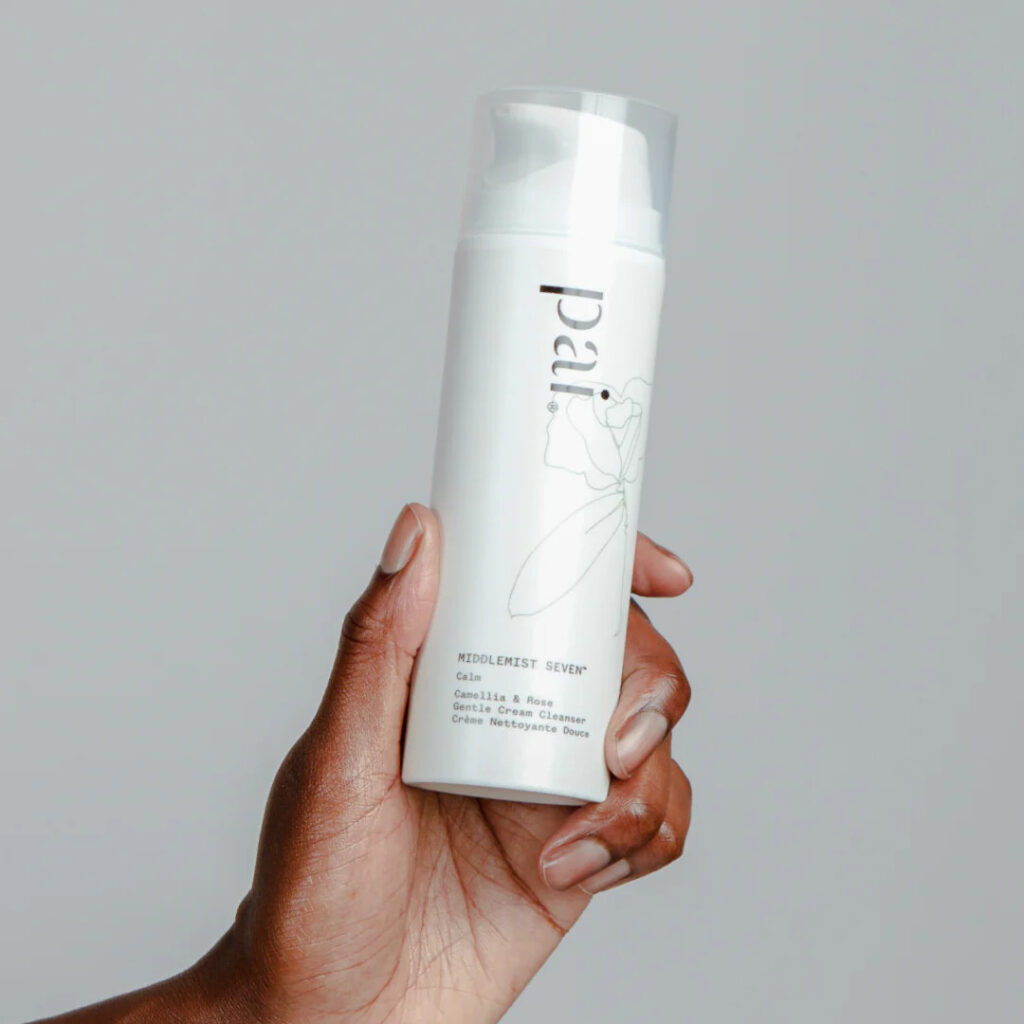
Moisturizer
Weleda Skin Food is highly recommended for smooth skin.
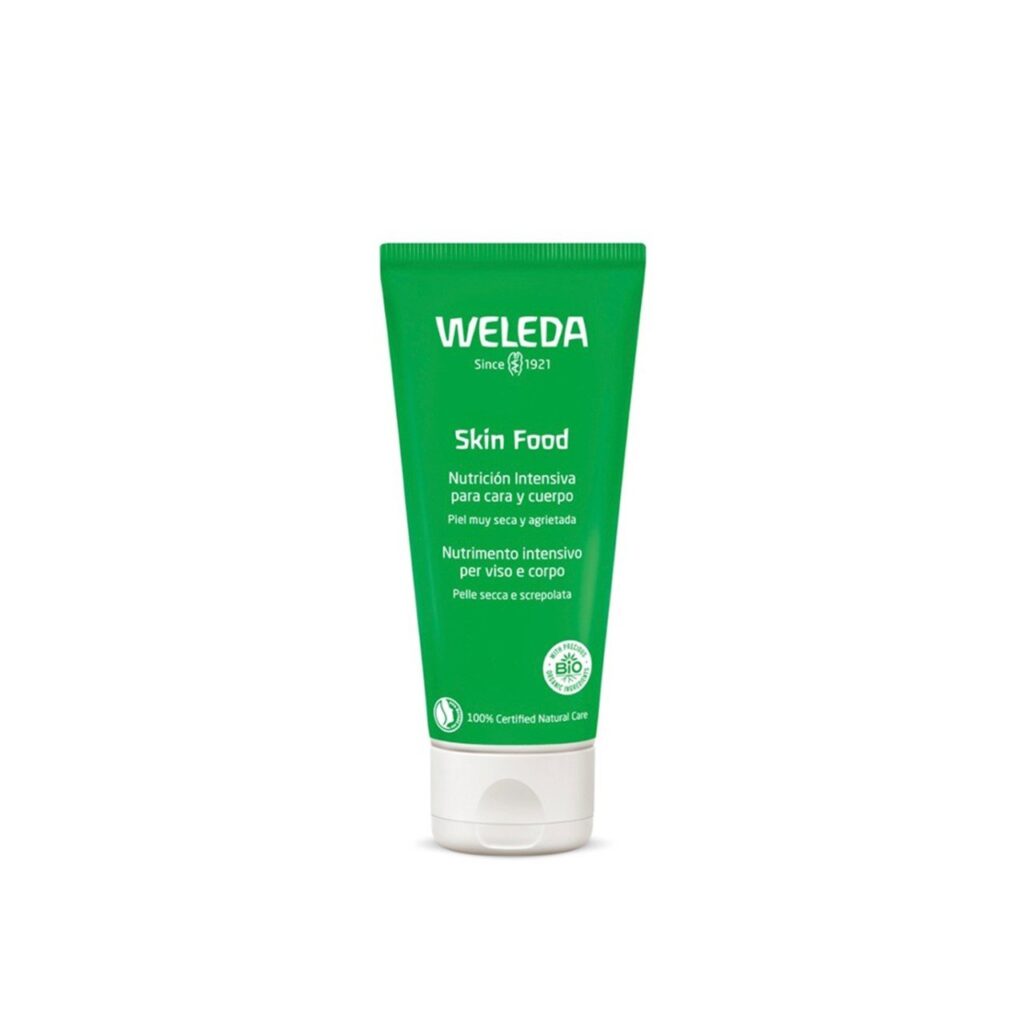
Serum/Oil:
True Botanicals Pure Radiance Oil is made with purely organic ingredients.
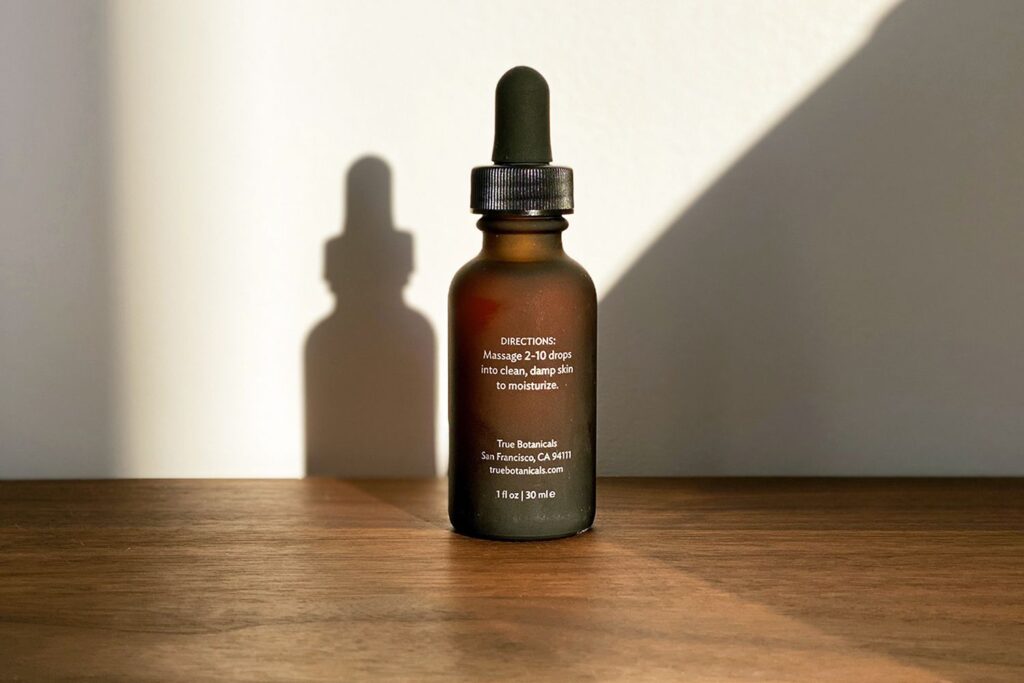
Mask:
Kora Organics Turmeric Brightening Mask consists of turmeric that is a natural whitening item.
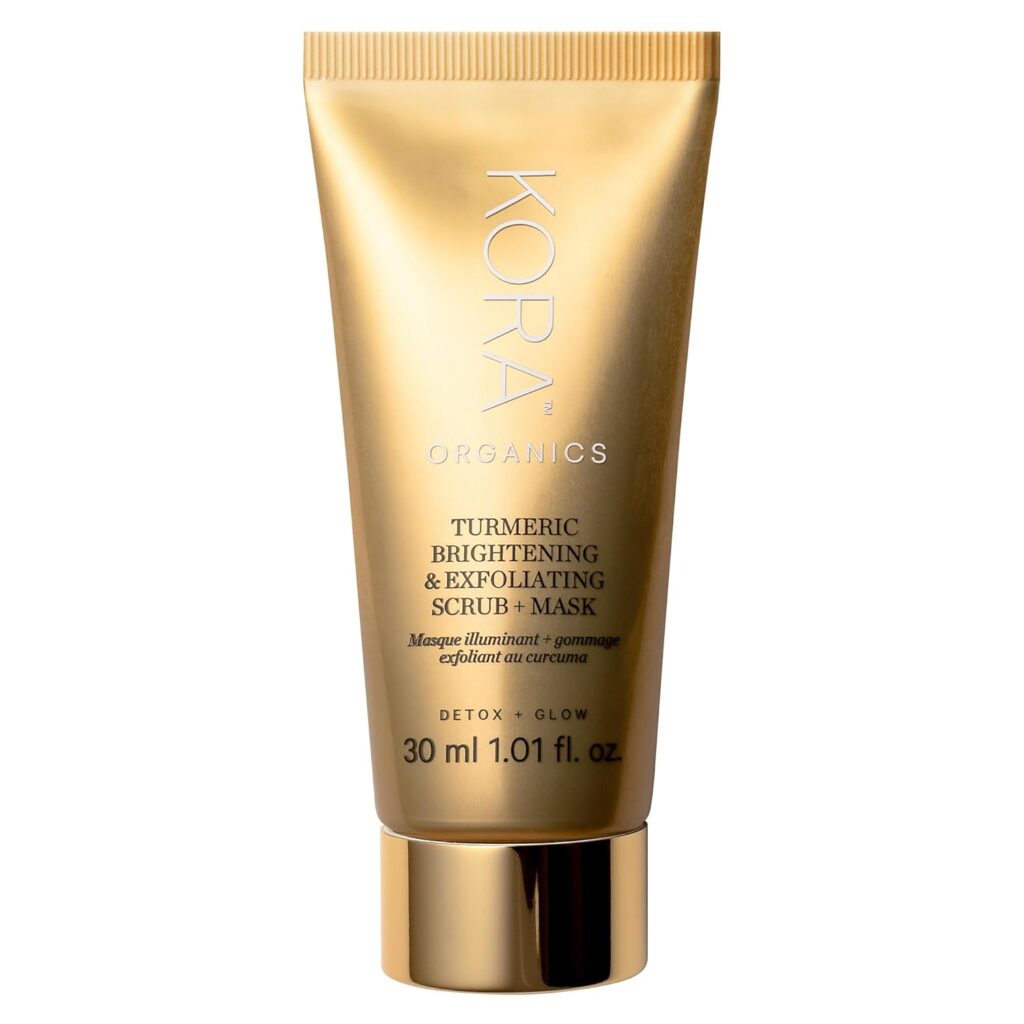
Sunscreen
Babo Botanicals Sheer Zinc Sunscreen to protect your skin from harmful UV rays.
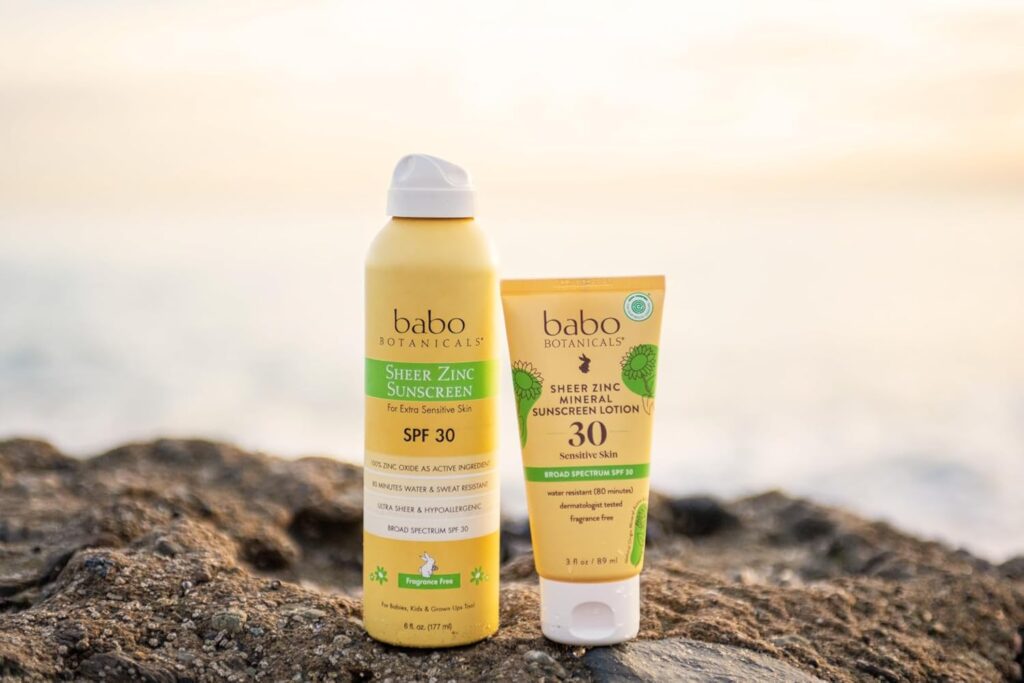
Conclusion
In conclusion, Nature is the best tool and gift from god for our skin. Organic Products are far better than chemical based items. In order to achieve a healthier skin, organic products are highly recommended.






